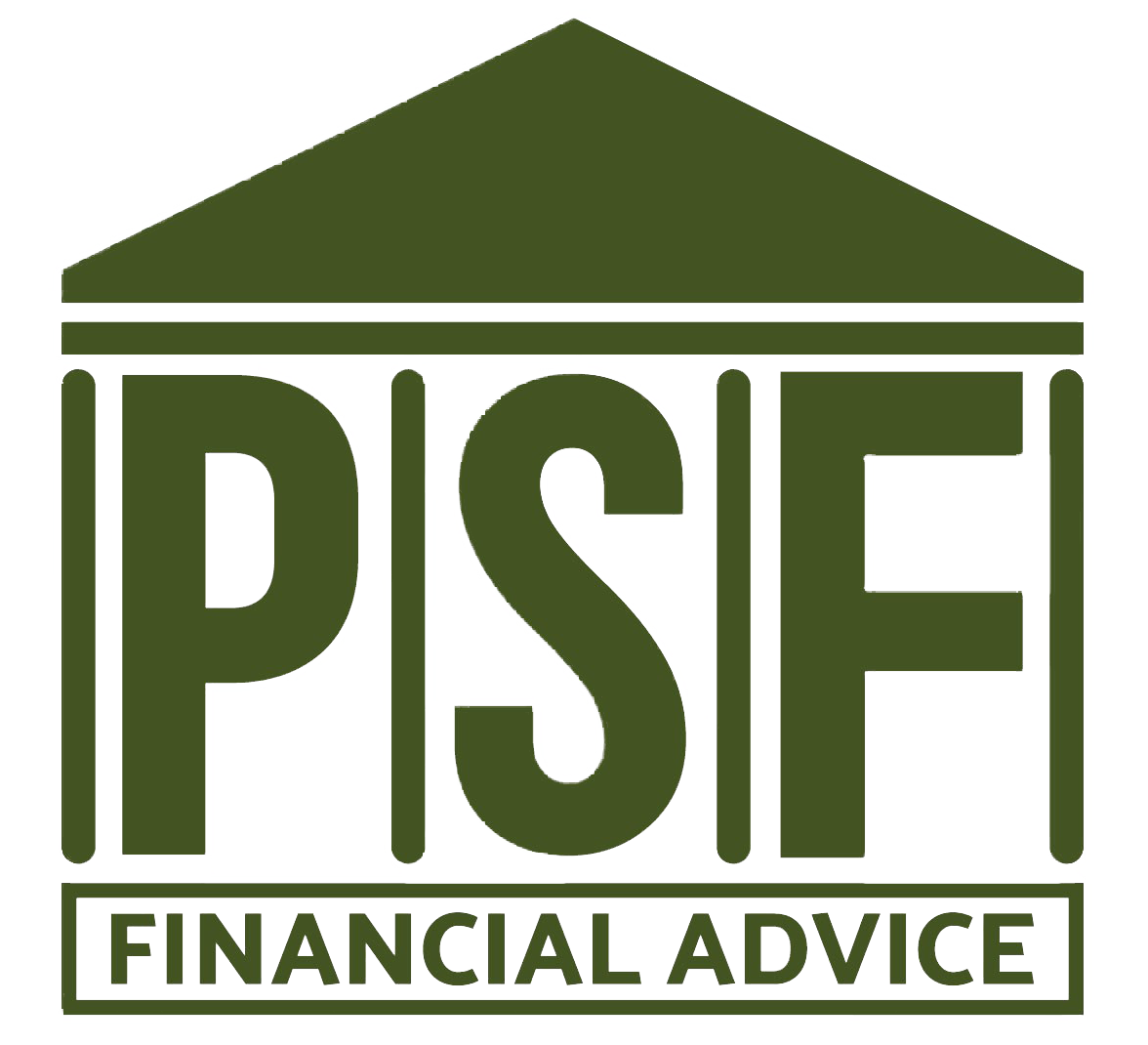Hairdressers and restaurant owners have warned that if the reduced 9% VAT rate increases back to 13.5% again as planned at the end of August, it will put some out of businesses.
In February the Government extended the 9% VAT rate further until September 1 as part of measures to assist those in the tourism, hospitality and personal care services sectors with rising costs.
Now the Restaurants Association of Ireland and Irish Hairdressers Federation have come together to push for a further extension of the rate, or for it to be made permanent.
However, the Department of Finance today ruled out any further extension.
“Since Covid salons have faced so many challenges in getting their doors back open,” said Lisa Eccles, President of the Irish Hairdressers Federation.
“From increased costs for hairdressing products, enormous energy bills, the minimum wage increase which has a dramatic effect of raising all staff wages, the new sick pay scheme which businesses have to cover the cost of and the burden of warehoused debt that must have a payment plan with Revenue Commissioners to avail of tax compliance certificates,” she explained.
The two organisations claim people are already finding it difficult to cope with the rising cost of living and putting up the cost of eating out and getting their hair done will not help.
“The Irish people don’t want consumer taxes to be increased at this time when incomes are under so much pressure,” said Adrian Cummins, Chief Executive of the Restaurants Association of Ireland.
“The vast majority of hospitality businesses are SMEs with modest profit margins and will have no choice but to pass a VAT increase on,” he said.
Mr Cummins added that 9% is the right rate for hospitality service businesses and that Ireland has the second highest hospitality VAT rate in Europe.
He also pointed to €430m of warehoused tax that is due to the State from firms, including those in the tourism and hospitality sector, that were allowed to park their liabilities during the pandemic and he argued that increasing VAT will put another burden on them.
“This is a tax on a consumer that comes into a business,” he claimed.
“If the business can’t pass it on to a consumer obviously they have to absorb it themselves,” he stated.
He added that normal margins in the restaurant sector are 5-10%, but some businesses are now operating below 5% and some in minus territory.
This is one of the reasons why data published yesterday showed that in the sector insolvencies were up 218% in the last six months, he claimed.
The two groups acknowledged, however, that in order for the rate to be maintained at 9% after August 31, the Dáil would have to be recalled during the summer, something they admit is unlikely to happen.
Chief Executive of the Irish Tourism Industry Confederation Eoghan O’Mara Walsh said the VAT rate for the tourism sector should remain at 9% claiming that an increase to 13.5% would be “inflationary.”
Speaking to RTÉ’s Drivetime, he said: “We have to remember that tourism and hospitality is the biggest regional employer the country has.
“There are 20,000 businesses in the sector. The vast majority are SME’s, and the vast majority are labour-intensive with modest profit margins.
Mr O’Mara Walsh added: “An increase, to our mind, would be inflationary but it would also erode competitiveness and damage regional Ireland in particular.
“I think the thing to keep in mind is that tourism really suffered during Covid.”
The extension from February until the end of August is estimated to have cost the exchequer €300m in tax revenue foregone.
It emerged in March that an economic assessment by Government officials of the special rate found there was no economic case for extension of the temporary 9% rate and that it should return to 13.5%.
In a statement, a spokesperson for the Department of Finance said it is not intended to extend the 9% VAT rate for a further period.
The spokesperson said the extension from February to August had cost the exchequer an estimated €300m.
They added that officials had carried out an assessment of a number of measures including the 9% VAT rate.
“This considered the macroeconomic backdrop to any extension of the 9% rate, noting that the economy has rebounded strongly from the pandemic and that economic activity is now above pre-pandemic levels,” they said.
“The briefing also noted that the reduced rate is both regressive and very costly, and that this cost represents a transfer from taxpayers to the sectors which it covers.”
The spokesperson said that the department’s assessment, which found there was no longer an economic case for the temporary 9% rate, had been accepted by the Government.
The rate had only been extended to August in recognition of the employment in the sector and to give businesses time to transition to the changing economic and policy environment, as well as to avoid upward pressure on prices while inflation remained elevated, they said.
Article Source: Warning of businesses going bust if VAT goes back to 13.5% – Will Goodbody – RTE


